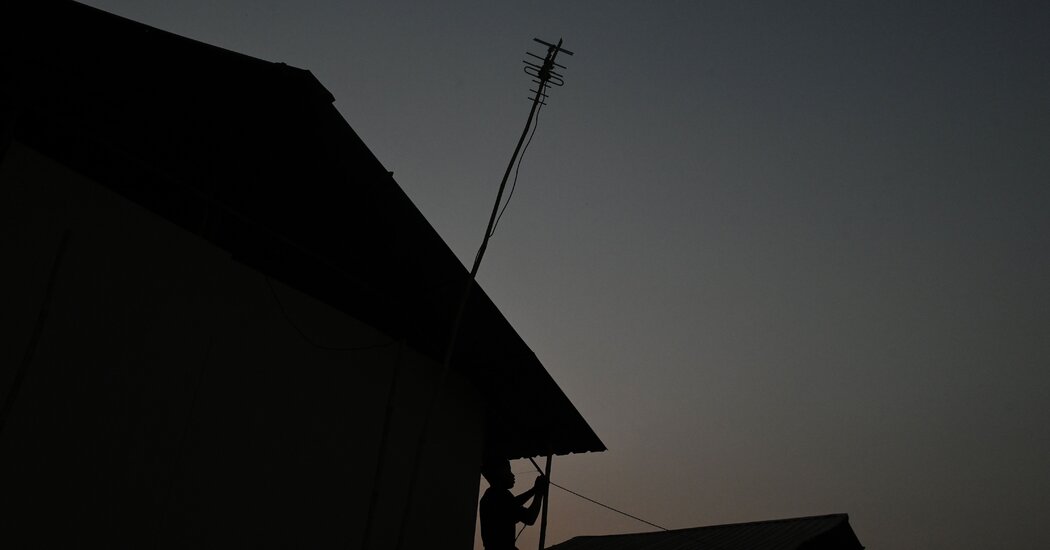
“In the past 10 months, the country has lost all its gains from the past 10 years,” said U Hein Maung, an economist based in Myanmar. “The cost of doing business has increased substantially. There is a booming informal economy of drug trafficking, illegal logging, money laundering and other illegal businesses.”
A decline in electricity payments, as well as tax revenues and international development assistance, has cost the regime about a third of the revenue that the previous government used to receive, he said.
Many public services, like health care and schools, are barely functioning, and the regime has halted many longer-term programs reliant on state funding, such as infrastructure projects.
“They are in zombie mode,” Mr. Hein Maung said. “They are functioning in the minimum viable way.”
Nevertheless, the military is in a better position than the public to withstand the downturn.
“The military has its own businesses and banks,” he said. “They can survive despite the fact that everything else has collapsed. And they have the guns, of course.”
Myanmar’s shadow opposition government, the National Unity Government, has urged the public to stop paying for electricity. In September, it said that 97 percent of people in Mandalay and 98 percent in Yangon had done so, costing the regime $1 billion by that point.
Ko Si Thu Aung, 24, who sells vintage clothes online, had not paid his bill since February in support of the civil disobedience movement. But on Christmas Day, soldiers came to his home and cut the power line. After two days without electricity, he decided he had no choice.




